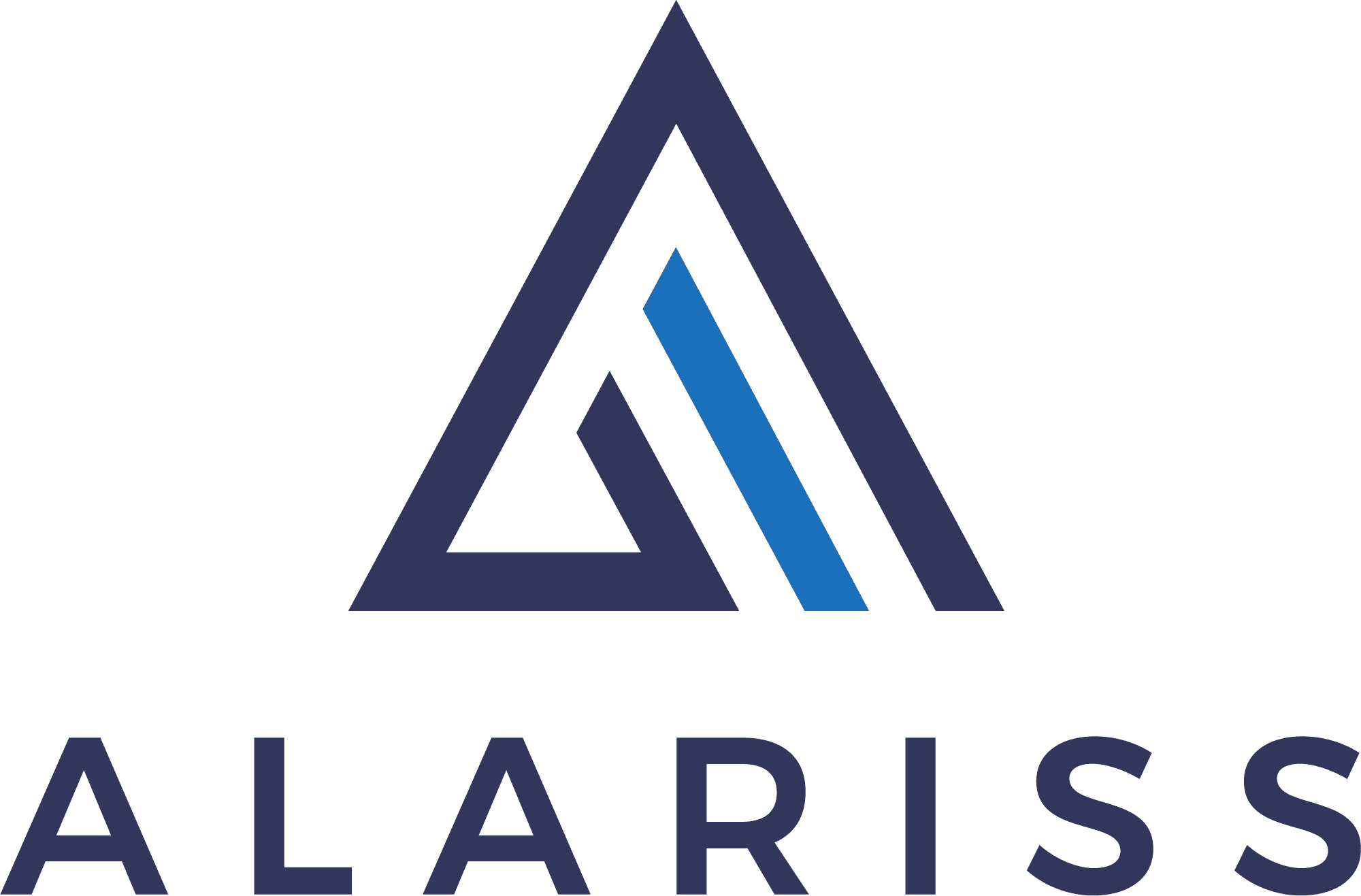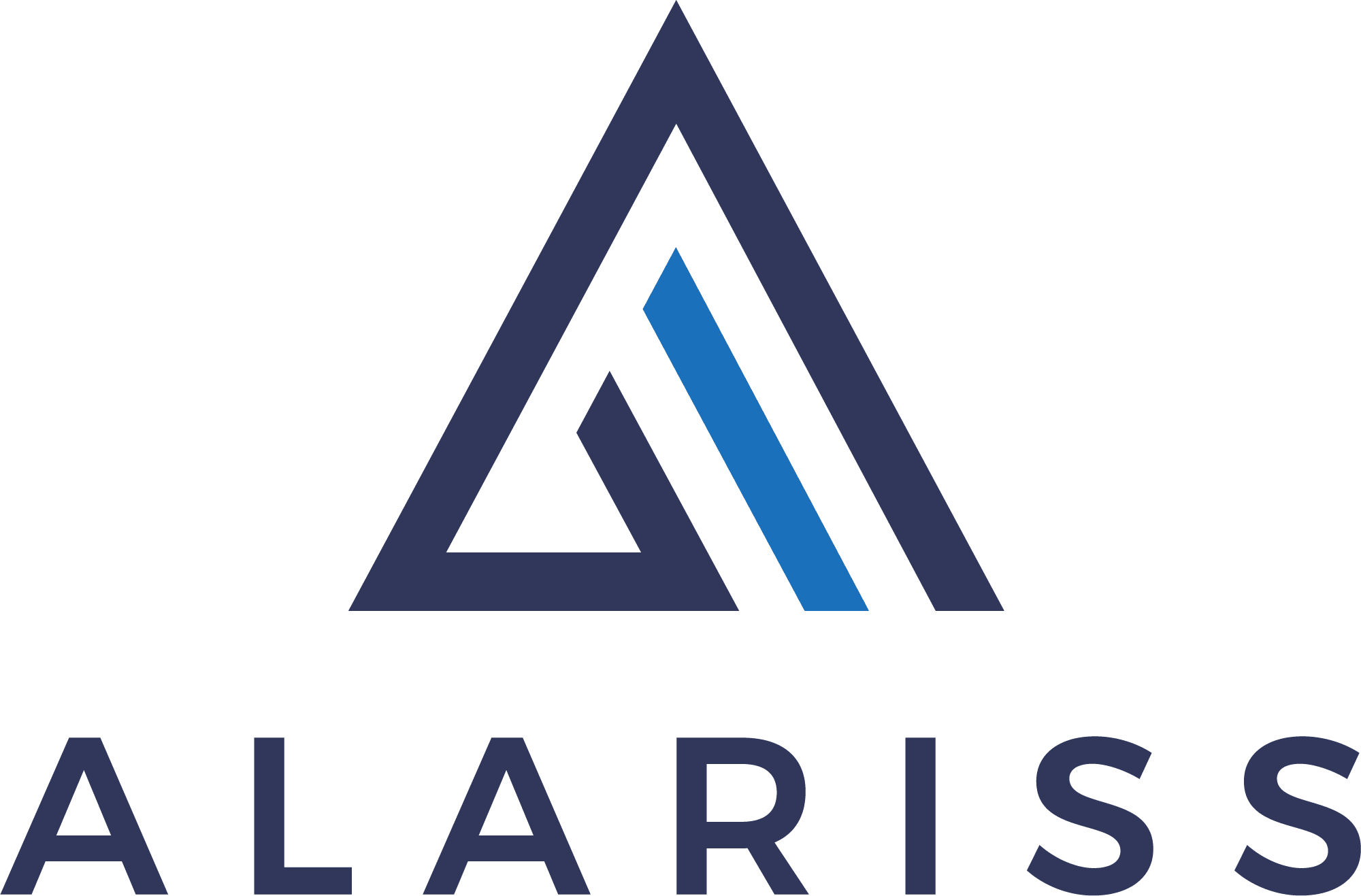Blog
Building a Global Career (Part I) – Taking Off

September 8, 2021
Our 3-part article series dives into the process of building a cross-border career from both abstract and actionable perspectives. The first piece covers the draw of international work, starting points when considering this pathway–hot careers and sectors to consider–and advice for building a global network as a student or professional. The next piece covers upskilling, experience-building, and career trajectories: what can be done at home or abroad to better qualify oneself for this field, and what happens when you transition to working in foreign markets. The final installment delves into choosing target countries/markets, aligning that decision with your personal goals and skill sets, and the new, accessible face of global work: remote work and reverse outsourcing.
Building a Global Career (Part I) – Taking Off
Where to start and how to get going – considerations when launching a global career
As our world becomes increasingly interconnected, a career that crosses borders is more attainable than ever. For some, working internationally is an exciting opportunity to engage with different cultures, embrace new ways of seeing the world, or even reconnect with their own heritage. Others hope to be on the front lines of growing economies and champion fresh new ideas. Perhaps you’re interested in a fast-paced lifestyle involving frequent travel or long-term relocation, or maybe you’re not in a position to uproot your family but still crave the enrichment and challenge of working on a global, cross-cultural team. Fortunately, we have entered an era where there are pathways in the global job market to suit any situation.
In this three-part blog series, we’ll dive into everything from thriving industries and sought-after skill sets to current trends and actionable advice for folks in all stages of life. In this first installation, we explore the variety of career paths available to you and ways in which you can begin building a professional network to boost those trajectories.
Career Paths
Ever evolving, the international job marketplace has grown to span sectors, subcontinents, and company sizes. Before, it wasn’t feasible for a small organization with a tight budget to run international operations. Now, technology is closing the distance between us, and the dynamic has shifted; thanks to remote work, a company can build out a global team without paying for a global office building. Of course, multinational conglomerates are still looking for local talent to improve regional market entry. But at the same time, increasingly younger startups are looking to launch into the international arena and widen their customer base, and they want to find someone who will embark on that journey with them. As a result, a diverse array of potential experiences are available to the globally-minded job-seeker; whether you seek the stability of a well-established name brand or the challenge of getting in on the ground floor to help a new idea grow, there are pathways open to you.
The international job market is hot. According to Verge Magazine, the following sectors are highly in demand:
- Education
- Tourism & Hospitality
- Development & Aid
- Tech & Business
- Engineering, Construction & Energy
- Healthcare
In particular, as workplaces become increasingly globalized and intercultural, tech and business graduates are in high demand. Working in emerging economies can provide you with an additional edge as a job-seeker; rather than competing in an oversaturated talent market at home where only big-name MBAs stand out, you can leverage the unique value of your international experience while on the job hunt abroad.
For many international business positions, demand is growing significantly. For example, Northeastern University projected 14% growth in demand for Management Analysts through 2026, and 10% for Marketing Managers. Financial analysts, HR managers, and policy analyst positions (amongst others) are seeing similar growth. Global enterprises are looking for savvy employees who can navigate the languages, cultures, environments and political landscapes of the countries their organization works with.
None of these options sound good to you? No problem. The Balance Careers points to many career clusters that are great areas to pursue cross-border work, including Business Development, where you can build a strong international presence for the company as a BD associate, or lead the way on strategy as a Country Manager; Economic Development and International Relief, where you can pursue impact-based work as part of an NGO; Human Resources, where you can manage an international team; or perhaps Global Trade, Sales, and Marketing; Global Purchasing and Logistics; Foreign Affairs; International Banking; International Law; IT; Product Management; or consulting.
If all of these lists seem overwhelming, don’t worry. The length just goes to show that there is a vast array of opportunities available to the globally-minded individual. You don’t need to sacrifice your unique interests and strengths to build a cross-border career. Rather, in today’s globalized world, you can (and should) leverage your unique skills and passions to create and seize exciting opportunities in whichever sector inspires you.
Building Your Network
When you’re on the (cross-border) job, most authors recommend that you take the opportunity to learn the language and build local connections—don’t just isolate yourself to the expat community (see: Robert Walters Group, Forbes). Building and growing your friendships and relationships in the country you’re working in can be a game-changer down the line (Robert Walters Group). On the business side, local contacts might be able to refer you to clients and business partners (Noomii). But it’s also important to remember that you’re a person, and sometimes life gets tough; when that happens, it’s important to have a support network you can rely on (Forbes).
This is all solid advice for when you’re on the job, but isn’t networking meant to help you find opportunities in the first place? Absolutely, which is why it is key to understand how to network before you’ve landed your ideal international job.
Trying to network and build a cross-border career from your home country seems counterintuitive, but there are many different opportunities that you can take advantage of during all stages of your life to make it happen. As Utrecht University frames it, it’s all about maintaining ties with the global community.
For students, the AIA Group recommends leveraging school and community activities as opportunities to connect with different people and ideas, allowing you to expand your network and passions. You should also take advantage of any opportunities through your school or fellowship programs to travel, study or volunteer. These sorts of experiences allow you to develop flexibility and build those cross-cultural relations. If you’re pursuing travel abroad, Transitions Abroad notes that staying with a host family is a particularly fantastic opportunity to connect with a new community and build intercultural sensitivity. But if going abroad isn’t in the cards, you can also become active and knowledgeable about other countries by getting to know international students and joining interest clubs on campus. Internship programs and career centers are also great ways to find opportunities—at home or abroad—where you can learn what type of work interests you and meet people with experience in that space (AIA) Taking advantage of your student status and your university’s resources will help build your global know-how, all while plugging you into channels where you might hear about exciting cross-border opportunities.
Though being a student definitely makes networking easier, there are also many exciting networking opportunities that are available to both students and professionals. First, connect with international experts in your field of interest when you have the opportunity, whether that be doing research outreach or making a professional connection for your current job (Transitions Abroad). With tools like LinkedIn, cold outreach is also a viable way to build relationships with exciting people in your field.
If cold outreach isn’t your thing, the AIA Group recommends leveraging your school/alma mater’s alumni base to connect with experts with whom you share something in common, or leverage mutual connections to get a warm introduction. The Workbooth also suggests adding your CV to global talent acquisition organization’s databases, though before you do that, make sure your resume is suitable for a global audience—you might consider creating a bilingual resume and making sure spelling and vocabulary are localized to the markers you’re targeting (The Workbooth, Monster). Consider applying to Alariss Global’s candidate database—we aim to match US-based, globally-minded sales, marketing, and BD talent with exciting overseas startups looking to expand into the US.
Building connections organically—through shared experiences—is still one of the best ways to build your network. Thanks to the new world of virtual work, no matter where you are, there are alway seminars, training programs, workshops, and webinars that are easily accessible (Transitions Abroad, The Workbooth). For those who can access them, in-person social and networking events, embassy events, or expat groups remain fantastic ways to meet people (Forbes). If none of those sound appealing, think outside the box: whether you’re in your home country or traveling the world, volunteering is also a great way to bond with people who share the same interests and care about the same causes as you (Transitions Abroad).
For the most part, these suggestions have all been activities that are obviously meant to bring people together. But it’s important to recognize some of the more unusual ways to build your network and make friends. For example, Alexandra Talty (senior contributor at Forbes) points out that learning a new language isn’t just an opportunity to build a skill, but also to build a network of people with a shared interest–people who might know someone else in the field, or people who might be working on something you find really exciting. Plus, knowing the language is a great asset to have when you’re conducting business meetings or doing work on the ground with an NGO. And you don’t have to be an active student to study a new language—local community centers often offer classes that are open for anyone to enroll, and if your community doesn’t have one, try checking out the virtual offerings from elsewhere that have opened up since COVID started.
Want to network while on the job? The AIA Group recommends trying out sales! Sales work is a great opportunity to have conversations with potential customers, experience navigating uncomfortable or difficult situations, and build a cross-sector network of business contacts. Whether you’re a student pursuing an internship or a professional looking for a job to build up your skills, sales is a surefire way to boost the number of people you’re meeting every day.
One final piece of advice: be genuine. In a world where networking is the norm and it feels like everybody wants something, and particularly in the uncertain times surrounding COVID, it means a lot when you take the time to really listen to someone and get to know them as a person. So get out there—from interest clubs and webinars to study abroad fellowships and sales jobs, building a global network is no longer inaccessible or painful. Try out a few different methods and find what works for you; soon enough, you’ll find yourself plugged into an exciting new world of international opportunities.
Next Steps
So you’ve made the connections and found an opportunity you’re excited about. How do you score the job? In the next installation of the series, we’ll talk about the skills you can build—both in and out of the workplace—to make you a strong contender in the international talent marketplace.
Looking for your first entry point into the global talent market? Apply to the Alariss Global platform and join our pool of top US sales, marketing, and BD talent. We will actively work to show your profile to exciting international startups, connect you with a job that matches your experiences and unique skill set, and help you with that first (or second, or third) step towards a thriving cross-border career.





